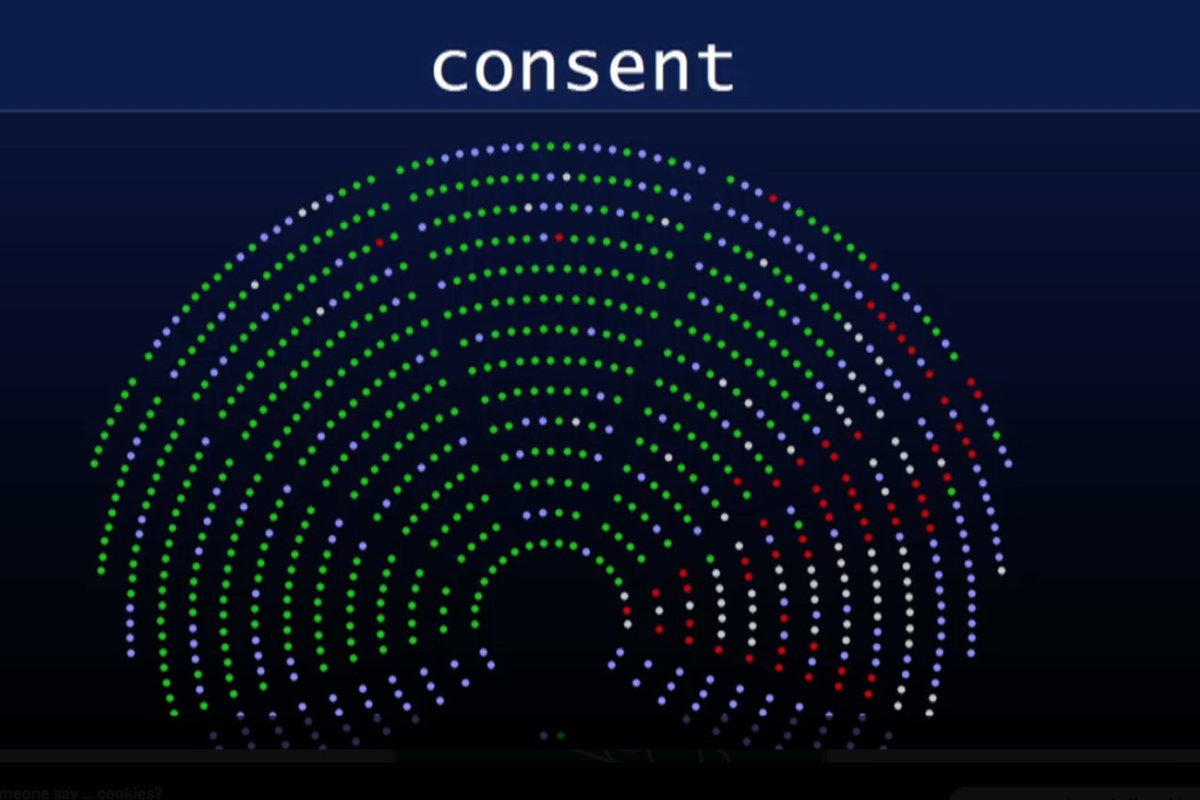On 30 March 2023, the European Parliament adopted the legislative proposal of the European Commission to strengthen the application of the principle of equal pay for equal work or work of equal value between men and women through pay transparency and enforcement mechanisms (the Pay Transparency Directive).
“A success for gender gap in salary with the pay transparency act the new directive of Europe Union. It is a great step in our fight. The European Union has supported our collectives complaints on the subject. ” Dr. Anne Bergheim-Negre, President of University Women of Europe.
New legislation will require EU companies to disclose information that makes it easier for employees to compare salaries and to expose existing gender pay gaps. However, across the European Union, the gender pay gap persists and stands at around 13%, with significant variations among member states; it has decreased only minimally over the last ten years.
Under the rules -adopted on Thursday by Parliament’s plenary by 427 votes to 79 against and 76 abstentions-, pay structures to compare pay levels will have to be based on gender-neutral criteria and include gender-neutral job evaluation and classification systems. Vacancy notices and job titles will have to be gender neutral and recruitment processes led in a non-discriminatory manner.
If pay reporting shows a gender pay gap of at least 5%, employers will have to conduct a joint pay assessment in cooperation with their workers’ representatives. Member states will have to put in place effective, proportionate and dissuasive penalties, such as fines, for employers that infringe the rules. A worker who has suffered harm as a result of an infringement will have the right to claim compensation. For the first time, intersectional discrimination and the rights of non-binary persons have been included in the scope of the new rules.
The Pay Transparency Directive has some important consequences for employers as well as employees:
Prohibit pay secrecy The rules stipulate that workers and workers’ representatives will have the right to receive clear and complete information on individual and average pay levels, broken down by gender. Pay secrecy will be banned; there should be no contractual terms that restrict workers from disclosing their pay, or from seeking information about the same or other categories of workers’ pay. Dissuasive penalties, including fines, for employers that do not comply with the rules.
Shift of burden of proof On pay-related issues, the burden of proof will shift from the worker to the employer. In cases where a worker feels that the principle of equal pay has not been applied and takes the case to court, national legislation should oblige the employer to prove that there has been no discrimination. Companies will have to act if their gender pay gap is over 5%














